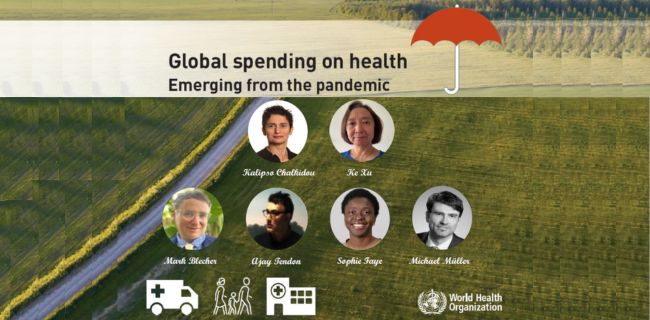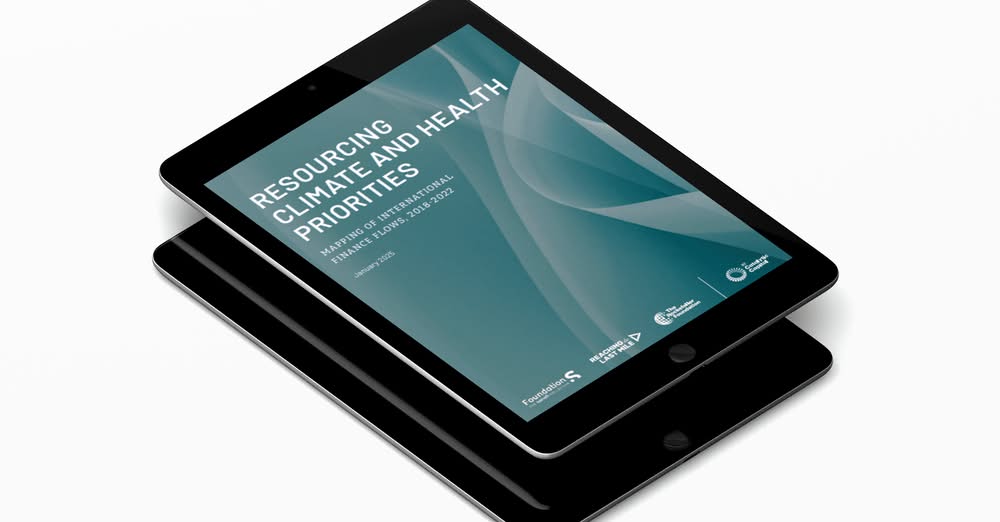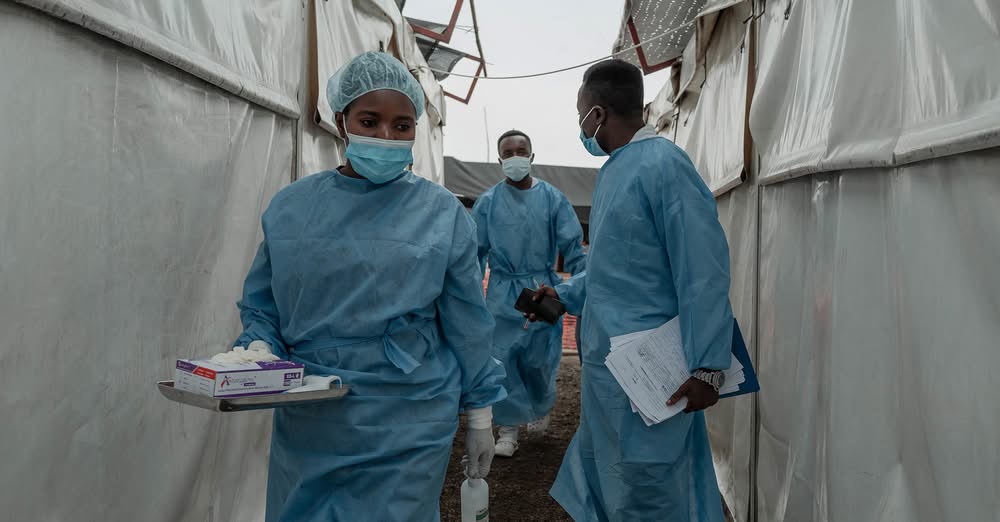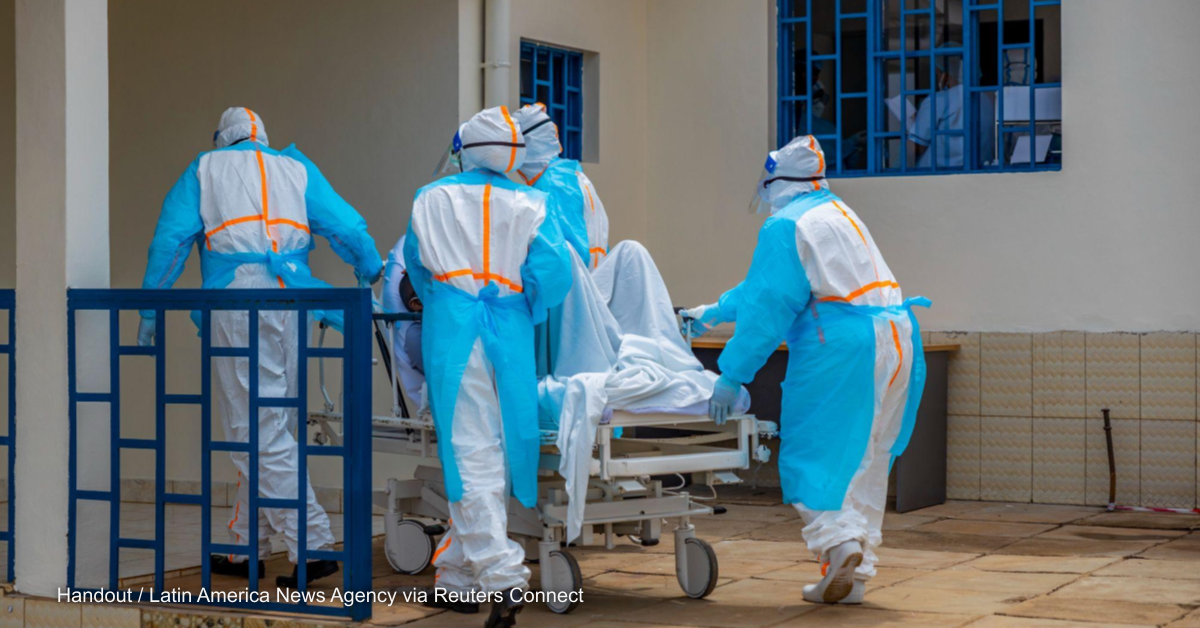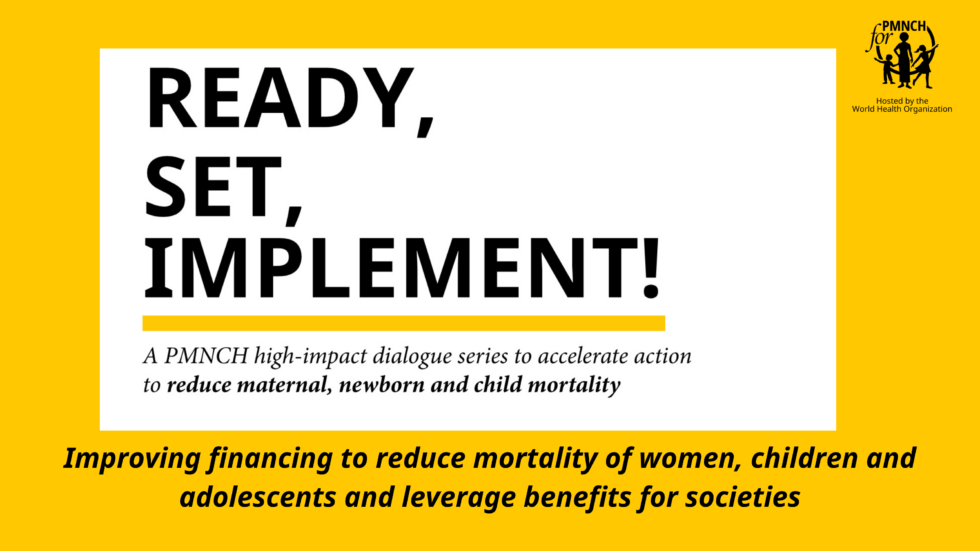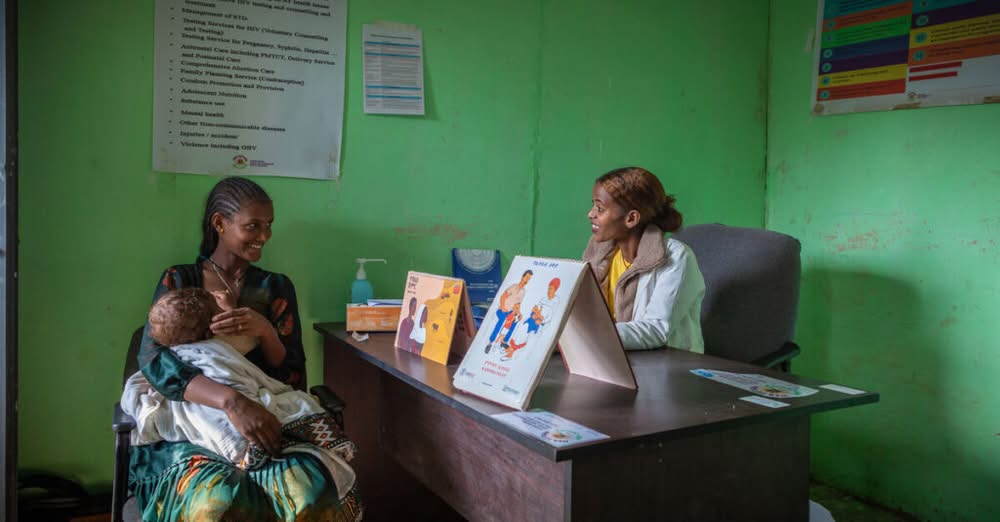WHO has updated the Global Health Expenditure Database (GHED) for over 190 Member States and is hosting a Webinar on February 4, 2025, to discuss the key findings of the 2024 Global Health Expenditure Report launched in December 2024. The World Health Organization...
